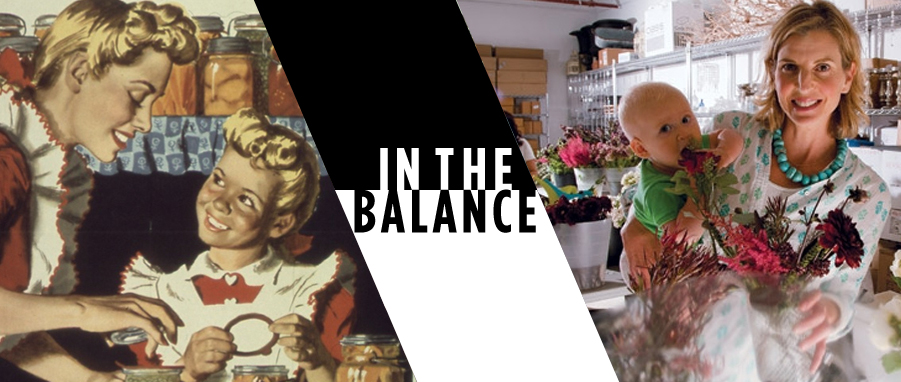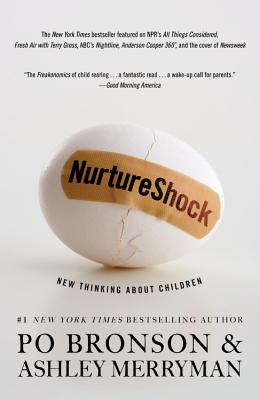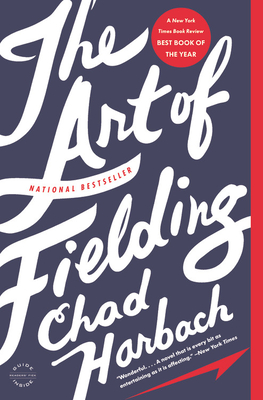Like many of you, I was riveted this past week watching the story coming out of Cleveland unfold. The rescue of three young women who had been held hostage for ten years by a brutal perpetrator is both utterly surreal and devastatingly sad. It is virtually impossible to integrate the details of this story. The facts of the case continue to emerge but we do know that these women were kidnapped, held for a decade against their will, starved, beaten and raped. We know that they were bound with ropes and chains. We know that they were not permitted to leave the decrepit house in which they were imprisoned. There is no way for any of us to comprehend the terror that they have suffered or the trauma that they have endured. How were they able to maintain sanity or hope? Perhaps they didn’t. I find it unbearable to even imagine their lives over the past ten years. Denial is such a powerful buffer that I am desperate for them to tell us it wasn’t as bad as it sounds. I want them to say that they were able to at least bond with each other and never felt totally alone. I want to fast-forward to three years from now where one of them has written a memoir in which she describes her miraculous new life where all her wounds have been healed. But achingly, these women---girls at the time of their capture---may never find peace.
The person responsible for this unspeakable horror is Ariel Castro, a marginal being with (at a minimum) mental illness and masochistic sexual deviance. I suspect there will be months of speculation by FBI profilers and mental health professionals around what factors contributed to his executing this nightmare. We will feverishly seek to understand “what to look for” when it comes to identifying potential future offenders. Possibly some of the post facto analysis will make us feel like we are learning something valuable from this tragedy about the human condition. But what kind of lessons can we glean from the behavior of an obvious sociopath? Perhaps energy would be better spent on evaluating the routine, daily and casual attacks that are committed against women and girls.
Consider for example, that every two minutes, a woman in the U.S. is sexually assaulted. Forty-four percent of all victims are under the age of 18. Fifty four percent of sexual assaults are never reported and by one estimate, 97 percent of rapists will never spend one day in jail. Learn more about sexual assault statistics here. What can we do with this information?
And what about the more subtle ways in which women are put at risk? Women continue to be regularly objectified in mass media. Such portrayals range from thoughtless characterizations of women as weak and dependent to victims of explicit and excessive violence in horror movies. The message seems to be that women are not worthy of protection when we have ineffectual domestic violence laws on the books and inadequate community resources with which to respond to their urgent needs. It appears that women cannot be responsible for their own bodies and must be subject to controls when we chip away at access to safe and legal abortion, Plan B, contraception and sex education (all the while, a 15-year old boy can buy condoms without restriction or consequence). We demonstrate disregard for women’s humanity when we hold up unrealistic standards of beauty and encourage them to destroy their own bodies in the name of fashion. We have normalized and mainstreamed pornography and disturbing video games in which women and female characters are often humiliated and treated viciously.
All of these realities are absorbed by our young boys and men. All of these realities condition our young girls and women. All of these realities imprint strongly on the broken mind of a potential perpetrator.
It is obviously critical that we acknowledge, investigate and unpack the horrific events experienced by these three women in Cleveland, Ohio. Although it feels voyeuristic, I, too, feel a frantic need to understand what happened and how it might have been prevented. What may be even more important to the larger cause of safeguarding girls and women is to address some of the more mundane ways in which we subvert and dehumanize them. We might never be able to prevent the rare psychopath from kidnapping women, but we certainly have the power to improve social norms and strengthen legal protections. We can teach our young girls and boys about equals rights and more generally how to treat one another. We can empower young girls to learn about and appreciate their bodies and develop clear emotional and physical boundaries. We can remind young women to maintain an acute awareness of danger and never accept assistance or a ride from a stranger. The lessons coming out of Cleveland are not new---they are prompts to re-engage with bolstering the status of girls and women in this country.













 Pauline, Roger, Clémence, Praline---le chien---and I pile into the car and off we go on a road trip to see the Mont Saint-Michel, one of the most-recognized and most-visited tourist spots in all of France.
Pauline, Roger, Clémence, Praline---le chien---and I pile into the car and off we go on a road trip to see the Mont Saint-Michel, one of the most-recognized and most-visited tourist spots in all of France.








 Before leaving to Myanmar, I had read so much online about it. Mostly, I was concerned about traveling safely in a country where traditions are so different and the political situation quite unstable. We all have heard a lot about Myanmar lately, and not all of it is good news. It seems that Myanmar is heading toward a more democratic government, but still in the outer provinces, those areas that are out of reach for tourists and seem so forgotten, ethnic fighting is happening. While gathering handful information, I learned that Myanmar is quite a bit more conservative than other countries in Southeast Asia, which means I packed t-shirts with leaves and long pants for those days. Knowing that the medical system and the pharmacies are still underdeveloped, I stocked up all the medicines I thought I may need. I learned that banks don’t exist, not to mention ATMs, and that dollars should not be folded or crumpled, or they will not get accepted anywhere. Last but not least, a friend of mine told me that during a trip over there a few years ago he tried to discuss about politics with his Myanmar guide, but there was no way the guy would even start to express his opinion about anything, and he mainly remained silent and looked embarrassed. Therefore, I decided it was wiser not to get involved in a political discussion in public.
These tips being absorbed, I considered myself quite prepared to live a nice trip in a mostly mysterious country.
Before leaving to Myanmar, I had read so much online about it. Mostly, I was concerned about traveling safely in a country where traditions are so different and the political situation quite unstable. We all have heard a lot about Myanmar lately, and not all of it is good news. It seems that Myanmar is heading toward a more democratic government, but still in the outer provinces, those areas that are out of reach for tourists and seem so forgotten, ethnic fighting is happening. While gathering handful information, I learned that Myanmar is quite a bit more conservative than other countries in Southeast Asia, which means I packed t-shirts with leaves and long pants for those days. Knowing that the medical system and the pharmacies are still underdeveloped, I stocked up all the medicines I thought I may need. I learned that banks don’t exist, not to mention ATMs, and that dollars should not be folded or crumpled, or they will not get accepted anywhere. Last but not least, a friend of mine told me that during a trip over there a few years ago he tried to discuss about politics with his Myanmar guide, but there was no way the guy would even start to express his opinion about anything, and he mainly remained silent and looked embarrassed. Therefore, I decided it was wiser not to get involved in a political discussion in public.
These tips being absorbed, I considered myself quite prepared to live a nice trip in a mostly mysterious country.



 I’m not sure what the answer to my questions might be, but I’m sure of one thing–Myanmar is a country that can change you deeply. I changed over there. Like a snake, I left my skin behind, and soon was ready to get warmer under new sun rays, free from the past, eager for a new future and willing to learn how to make a day out of a single smile.
I’m not sure what the answer to my questions might be, but I’m sure of one thing–Myanmar is a country that can change you deeply. I changed over there. Like a snake, I left my skin behind, and soon was ready to get warmer under new sun rays, free from the past, eager for a new future and willing to learn how to make a day out of a single smile.

 By
By 